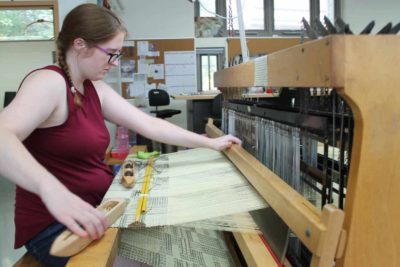Under IDEA (Individuals with Disabilities Education Act) and Section 504 (Section 504 of the Rehabilitation Act), children with disabilities are entitled to receive a free appropriate public education, or FAPE, in the least restrictive environment, or LRE. A child with a disability who requires school health services or school nurse services in order to attend school and receive FAPE, must be provided those services by their school at no cost to their parents. These services may be outlined in a child’s IEP (governed by IDEA) or 504 plan (governed by Section 504).
IDEA requires schools to provide special education and related services to students with a qualifying disability. Related services are transportation and developmental, corrective, or other supportive services that are required to help a child with a disability benefit from special education. Related services under IDEA include school nurse and school health services, which are health services designed to enable a child with a disability to receive FAPE. School nurse services must be provided by a qualified school nurse. School health services may be provided by a qualified school nurse or other qualified person.
Under IDEA, school districts are not required to provide medical services except for diagnostic or evaluation purposes. However, schools are responsible for providing services that are necessary to maintain the health and safety of children at school, including services for breathing, nutrition, and other bodily functions (e.g., suctioning a tracheotomy, urinary catheterization) if these services are not the type of services that must be provided by a licensed physician.
Section 504 “related aids and services” are similar to related services under IDEA. Section 504 requires schools to provide qualifying children with disabilities health-related services, including services provided by a nurse during the school the day, if necessary, to allow the child to receive FAPE.
A school’s obligation to provide nursing services includes full-time, one-on-one nursing services if that is what is necessary to provide a child with FAPE. In addition to the classroom, these services must also be provided during transportation to and from school if needed.
When a child’s IEP or 504 plan requires a school nurse to provide services, the child’s school must provide for coverage during nurse absences. If a school district contracts with a third party to provide its students with nursing services, this does not change the school’s obligations under IDEA and Section 504 to properly implement each student’s IEP and 504 plan, including nursing services, and a failure to provide for a substitute nurse could constitute a denial of FAPE. Asking the child’s parent to come to the school and provide the services is an implementation failure and could also constitute a denial of FAPE. If a child has to stay home because there is no nurse to perform nursing services as outlined in the IEP or 504 plan, the child has been denied FAPE.
If the nursing services are being provided as part of the child’s IEP or 504 services, then the school has the authority to choose which agency or individual provides the services. A parent may raise concerns about a staff member’s qualifications or the quality of the nursing services their child is receiving; however, they generally do not have the right to obtain their preferred nurse. If a school contracts with several third party nursing agencies and allows parents a choice between the agencies, the school still remains ultimately responsible for the provision of FAPE.
If a child has a medical or health need, a school nurse should ideally be involved in the IEP or 504 plan process from the beginning. A school nurse can help ensure that all areas of need are evaluated, including health or nursing needs, explain medical evaluation data, determine the adverse impact the condition has on the child’s education, and determine the individualized health needs of the child.





